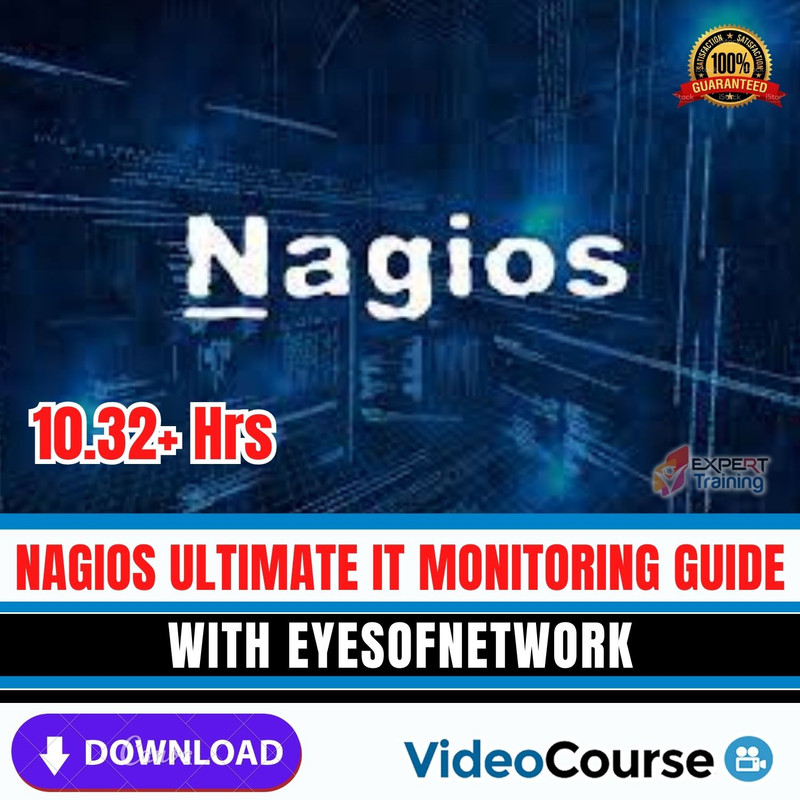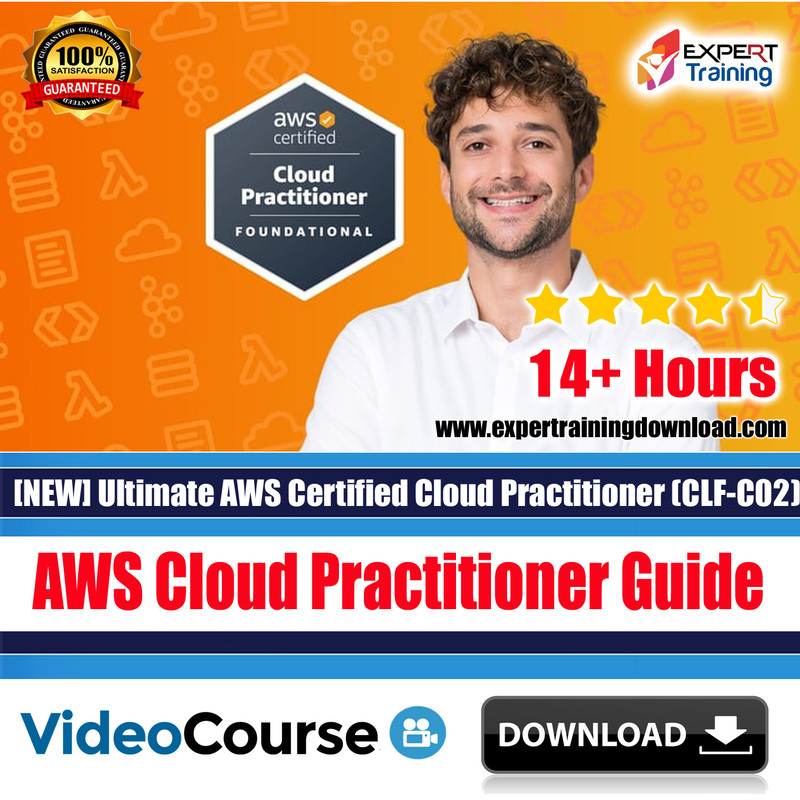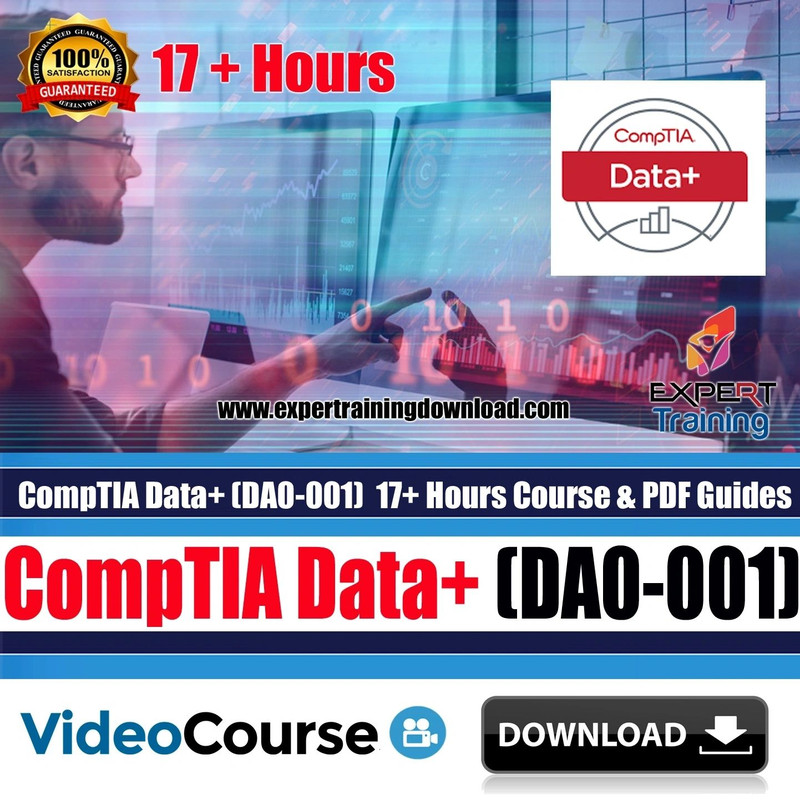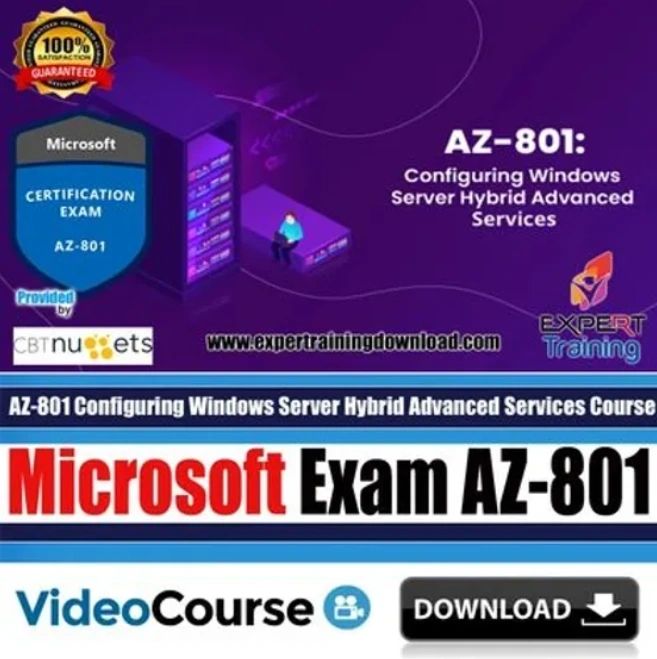Nagios IT Monitoring Guide
Master real-time infrastructure monitoring with this in-depth Nagios monitoring configuration guide. Whether you’re a system administrator, DevOps engineer, or network technician, this guide will help you efficiently monitor servers, services, and network devices using Nagios. Learn how to set up Nagios from scratch, configure checks, use plugins, and keep your IT systems running smoothly.
What You’ll Learn
- Installing and configuring Nagios Core
- Monitoring hosts, services, and network components
- Using Nagios plugins for customized checks
- Setting up email alerts and escalation policies
- Creating dynamic dashboards with Nagios web interface
- Automating monitoring with scripts and templates
- Integrating Nagios with third-party tools
- Troubleshooting and performance optimization
Requirements
- Basic knowledge of Linux and the command line
- Familiarity with networking concepts
- Access to a test or production server for practice
Guide Description
This Nagios monitoring configuration guide is designed to help IT professionals implement reliable infrastructure monitoring using Nagios Core. From basic installation to advanced monitoring strategies, this guide provides actionable steps, configuration examples, and troubleshooting tips to ensure your systems stay up and running.
You will begin with a hands-on setup of Nagios on a Linux system, followed by configuring checks for system metrics like CPU usage, disk space, network availability, and application health. Next, you’ll learn how to use NRPE and custom plugins to extend functionality and cover more use cases. The guide also includes alerting strategies and web interface customization tips.
By the end of this guide, you’ll be able to confidently monitor enterprise-grade systems, respond proactively to issues, and maintain optimal uptime across your infrastructure.
About the Author
This guide is authored by IT infrastructure specialists with years of experience in server monitoring, Linux administration, and open-source tool integrations. The techniques shared are based on real-world implementations and best practices.













